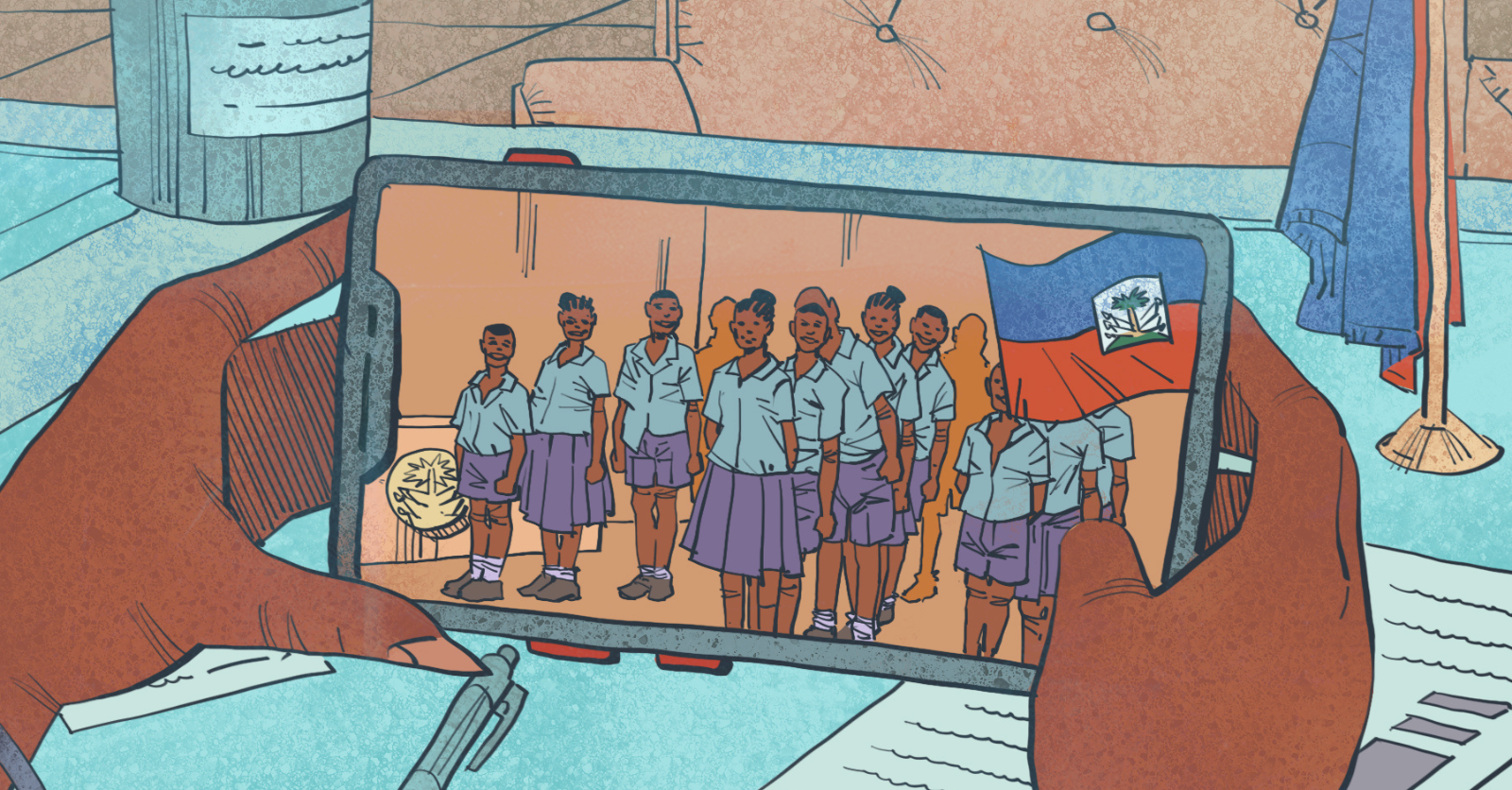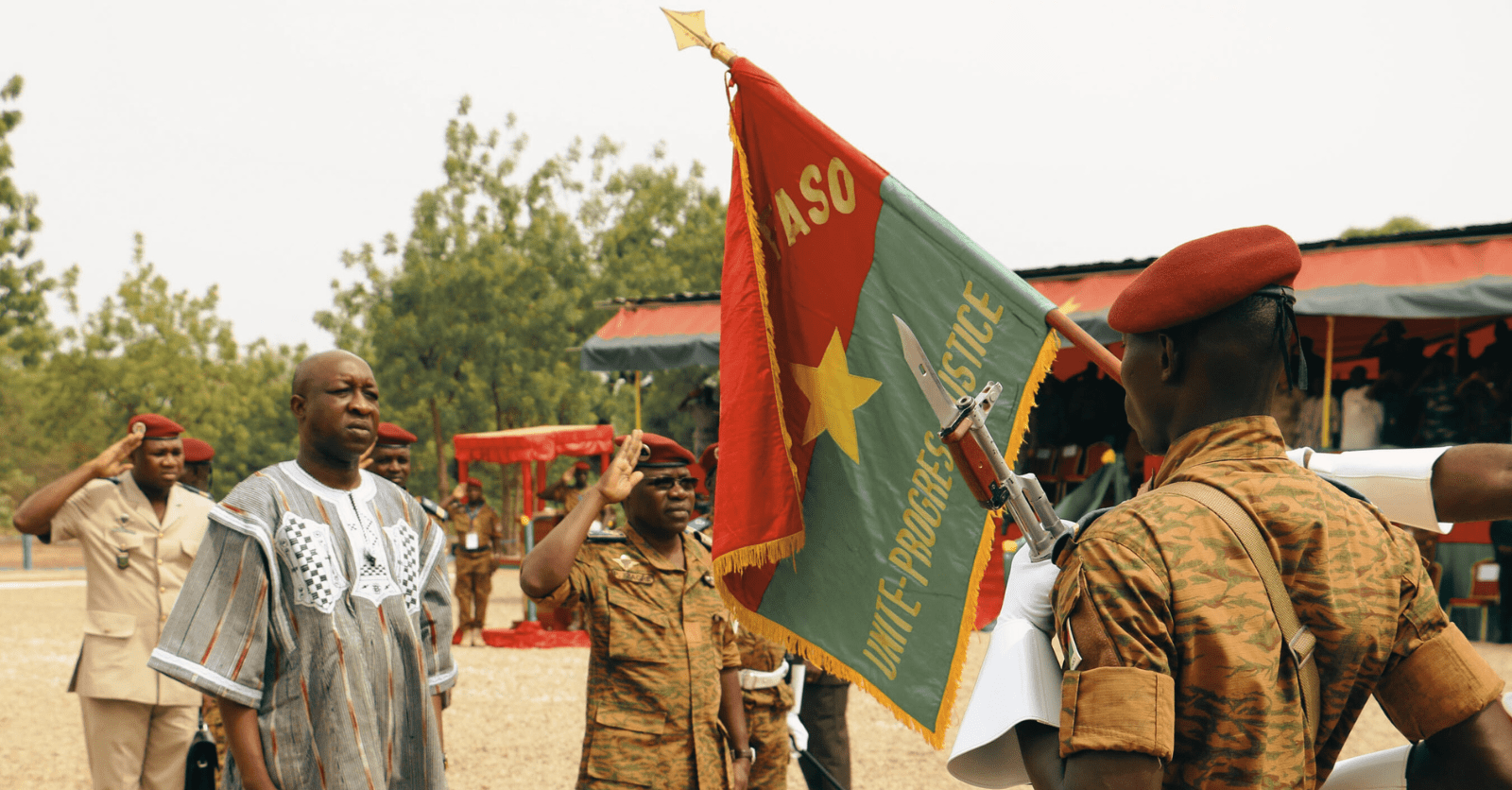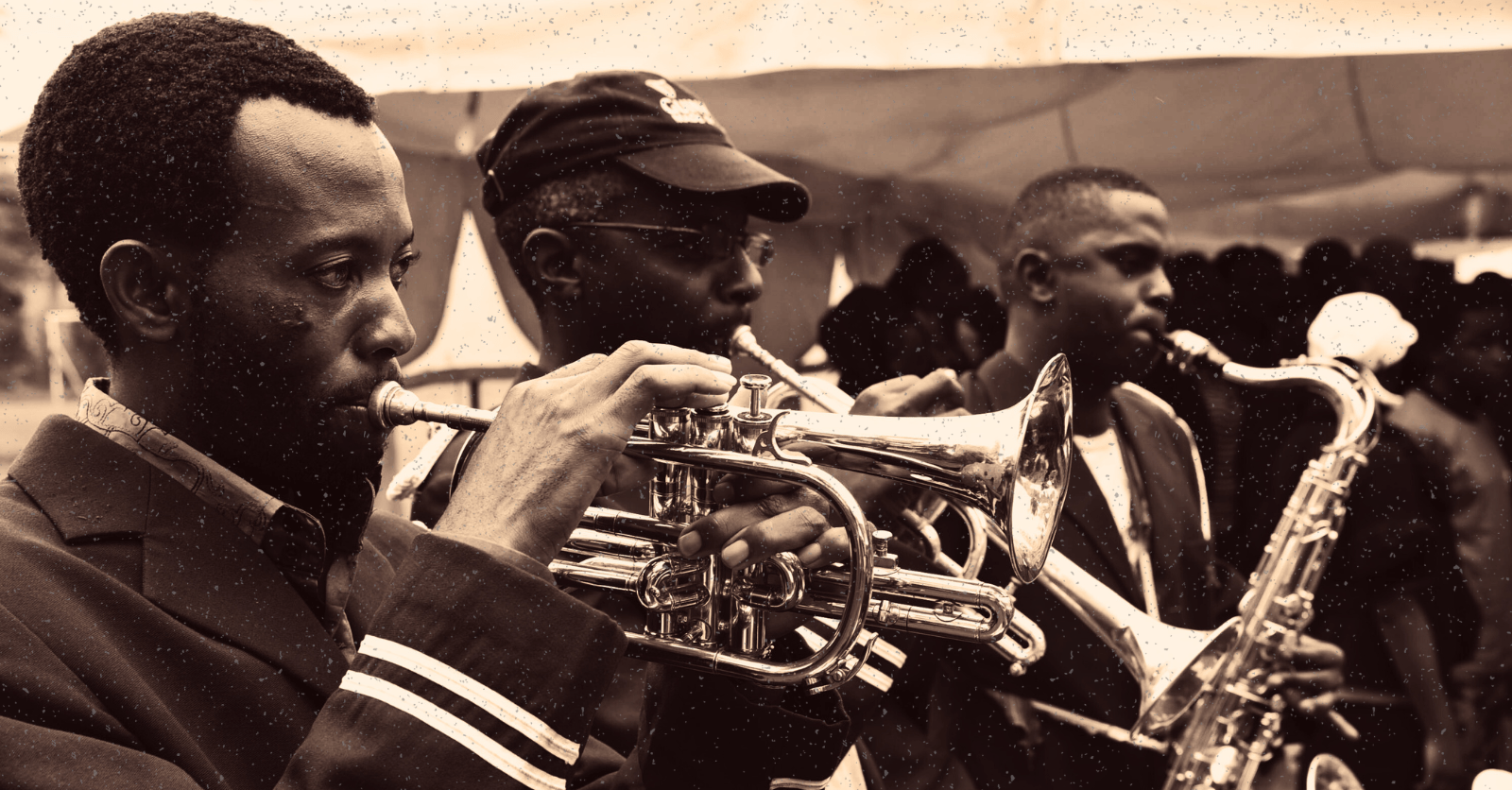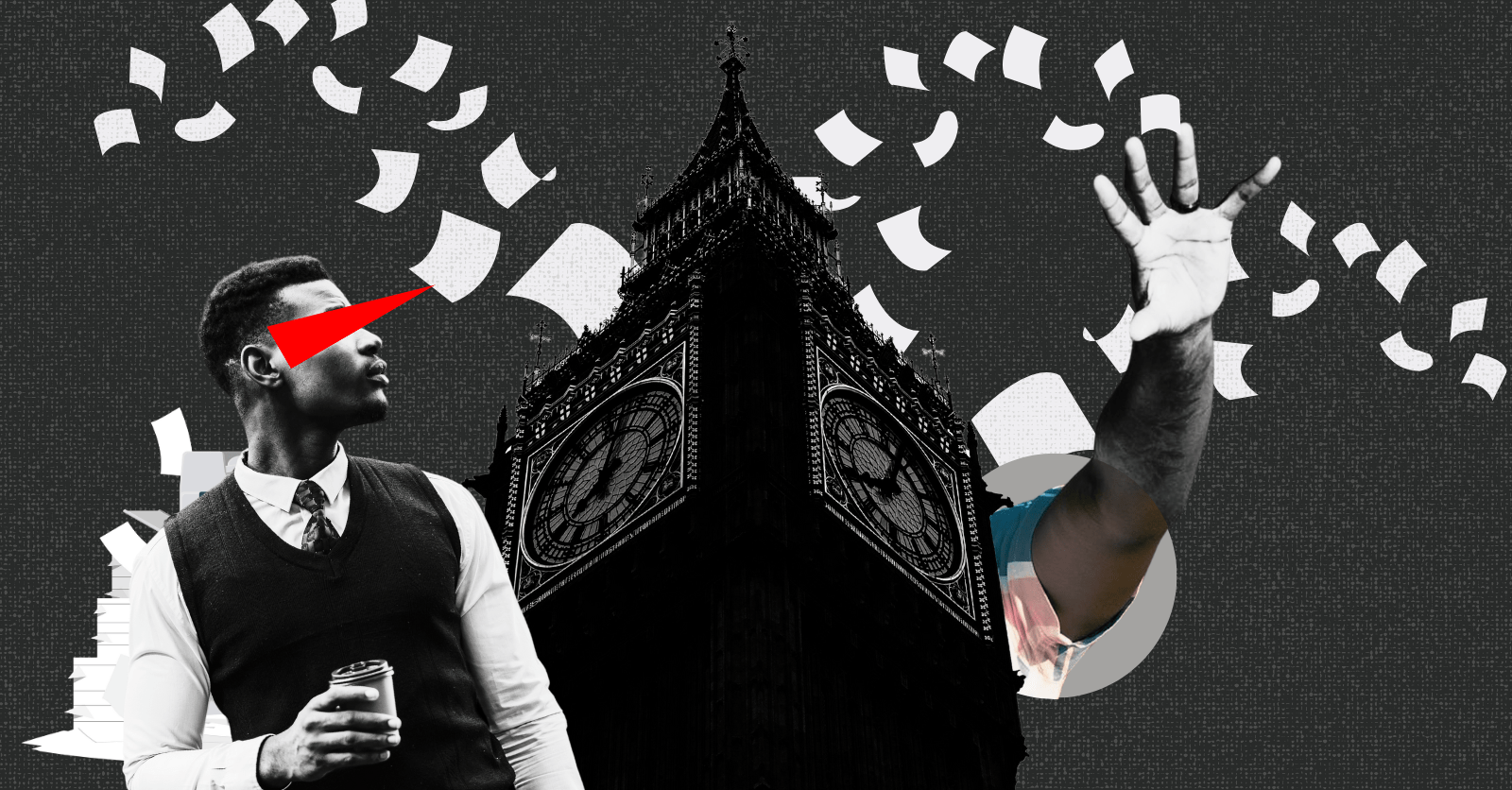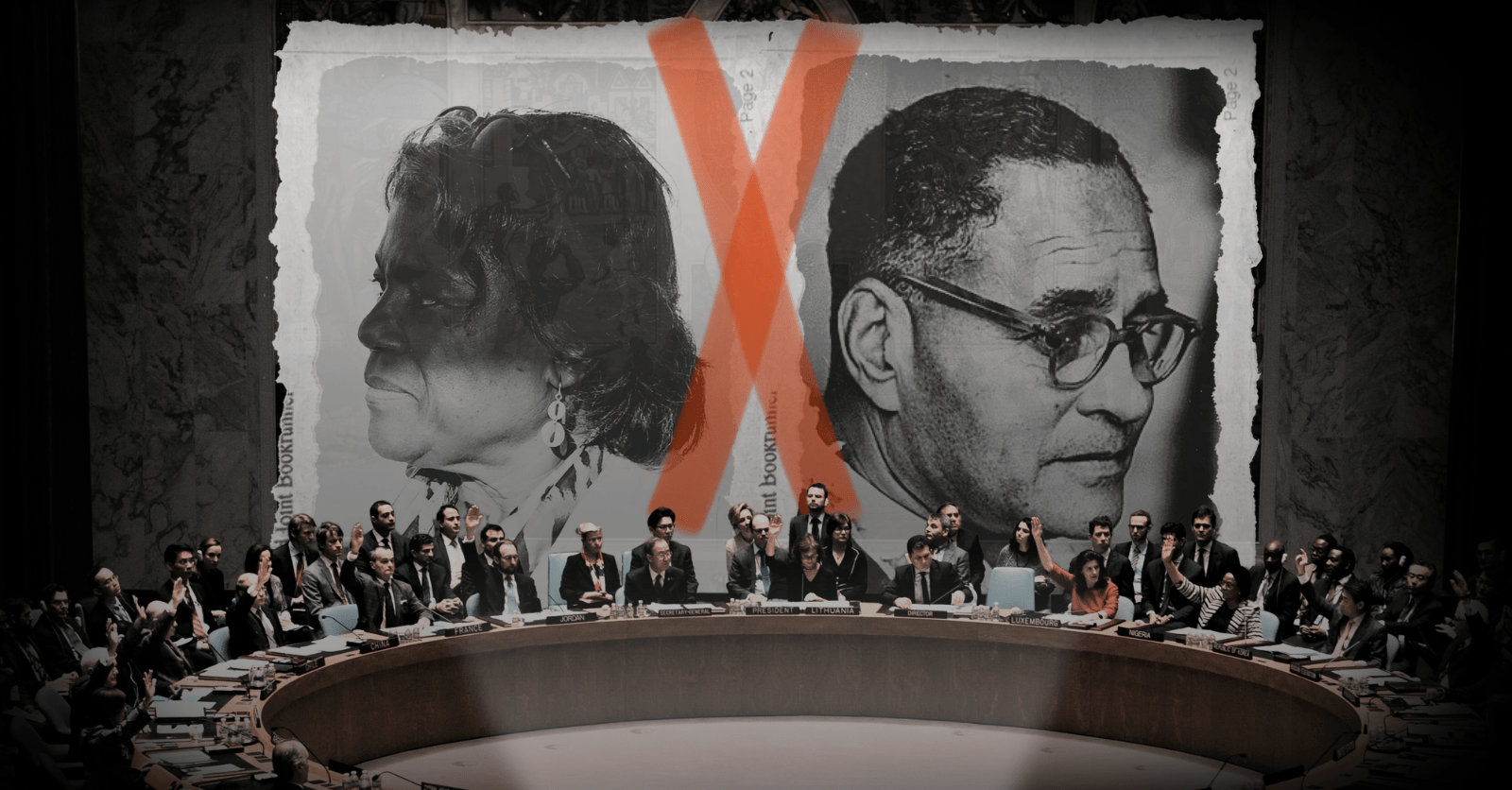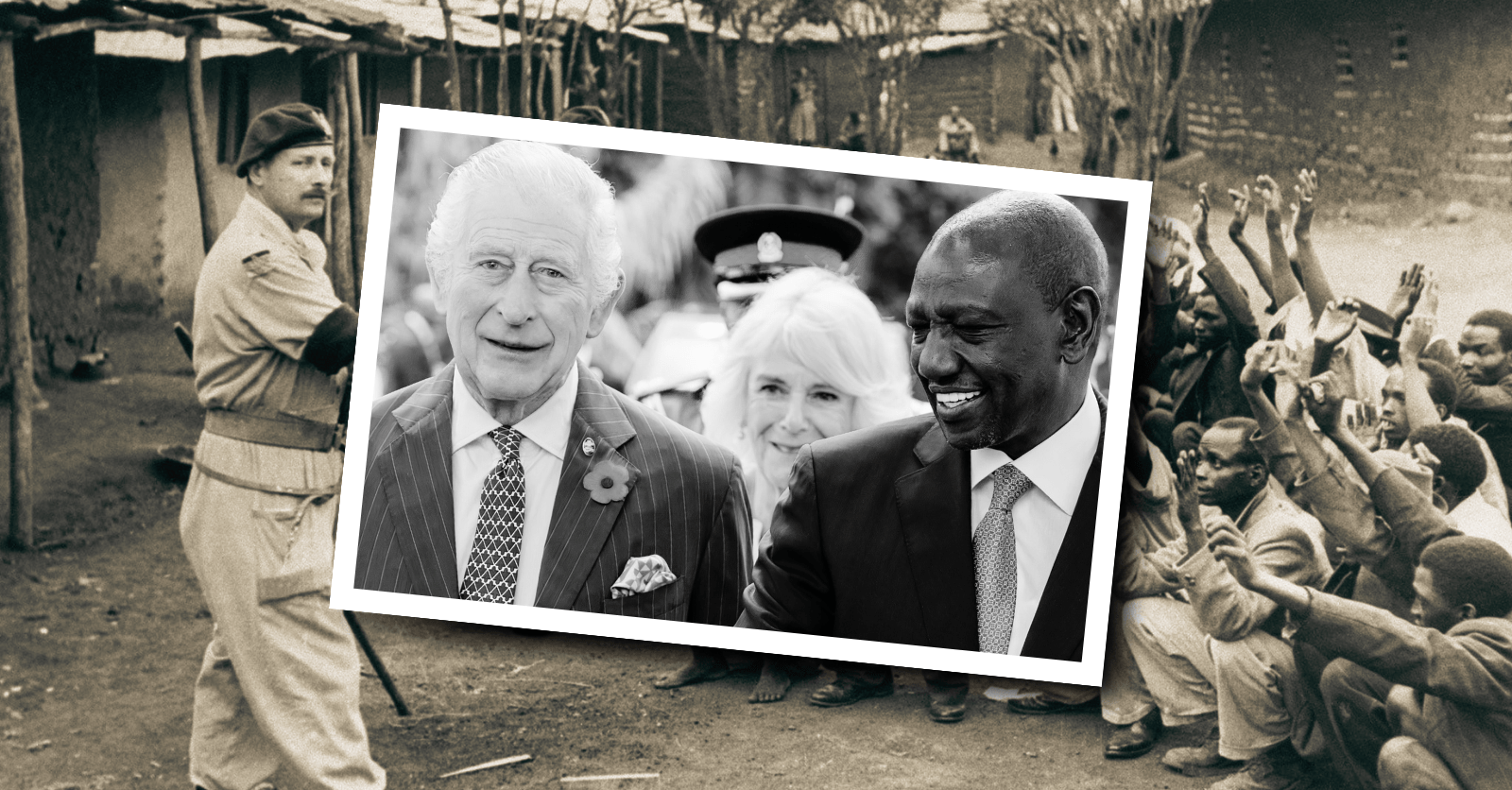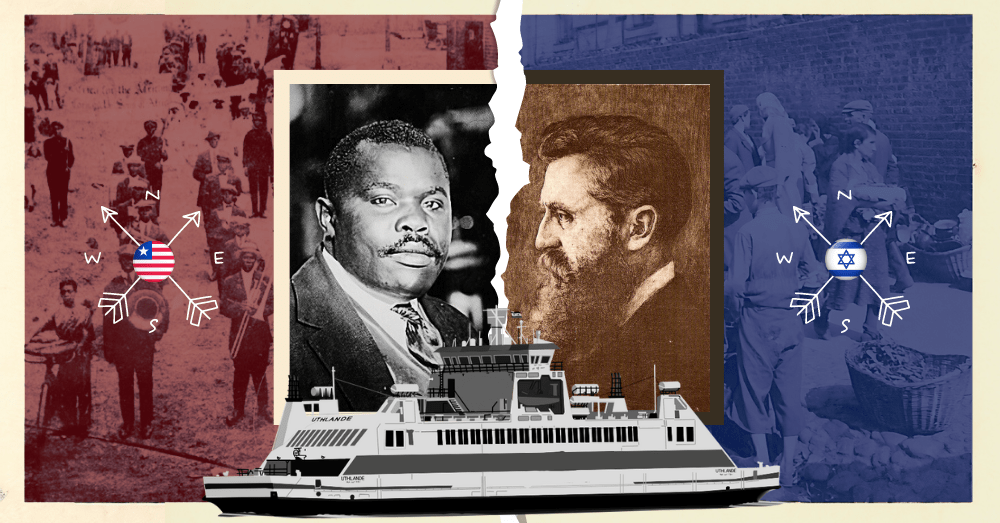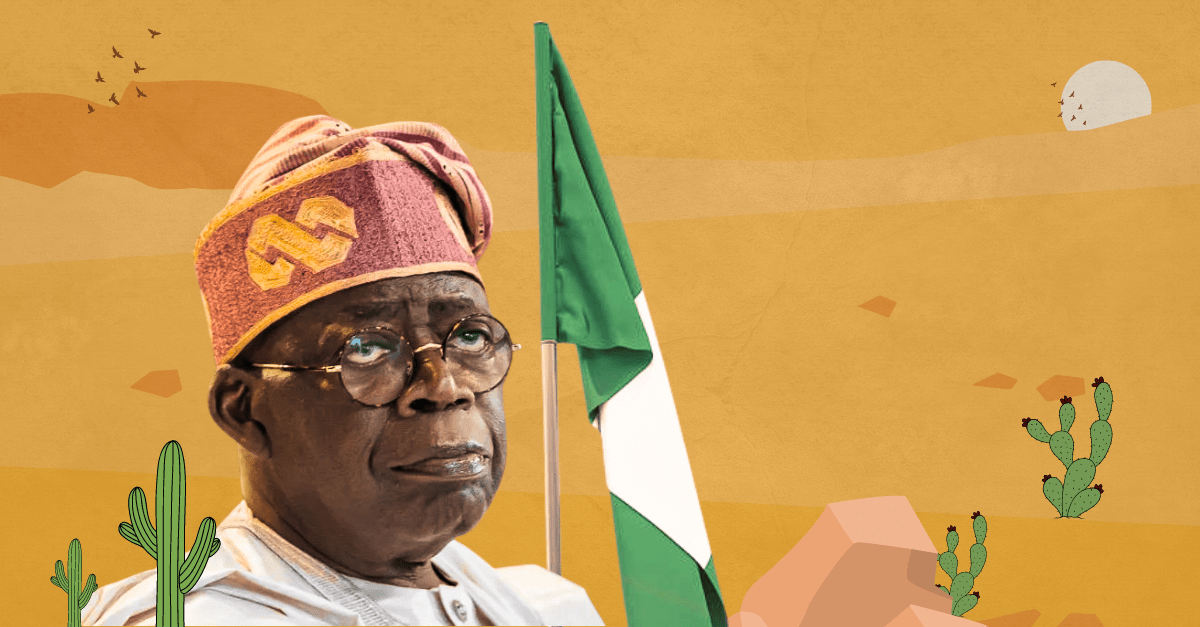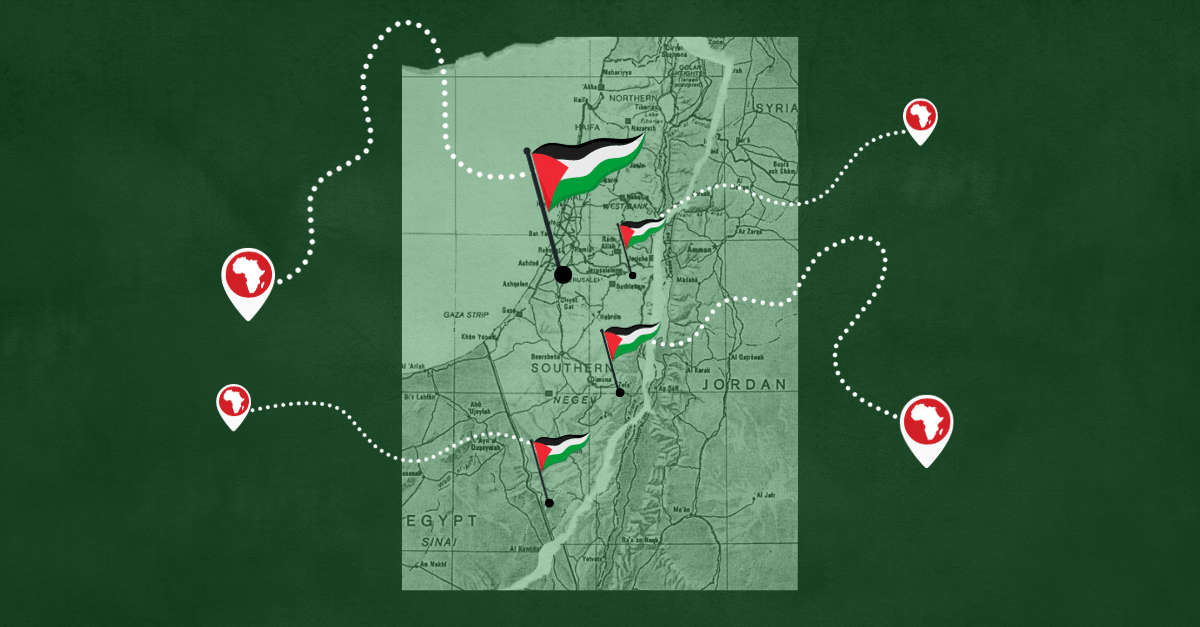‘Pour le Pays, Pour la Patrie, Mourir est Beau’
Haiti was once a success story of enslaved Africans who withstood French and, subsequently, American imperialism. So much has changed since. Reflecting on Haiti’s national anthem, the ‘Dessalinienne’, I found irony in the descent into madness my country is currently experiencing.



